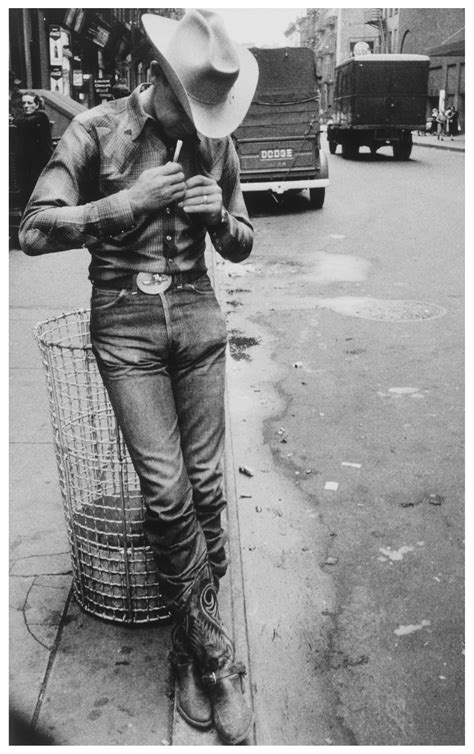A Quote by Ben Bernanke
Importantly, in the 1930s, in the Great Depression, the Federal Reserve, despite its mandate, was quite passive and, as a result, financial crisis became very severe, lasted essentially from 1929 to 1933.
Related Quotes
The stock market crashed in October 1929. But that was not the cause of what caused the Great Depression. It was, in my opinion, a very minor element of it. What happened was that from 1929 to 1933 you had a major contraction which, in my opinion, was caused primarily by the failure of the Federal Reserve System, to follow the course of action for which it was set up. It was set up to prevent exactly what happened from 1929 to 1933. But instead of preventing it, they facilitated it.
The Fed was largely responsible for converting what might have been a garden-variety recession, although perhaps a fairly severe one, into a major catastrophe. Instead of using its powers to offset the depression, it presided over a decline in the quantity of money by one-third from 1929 to 1933 ... Far from the depression being a failure of the free-enterprise system, it was a tragic failure of government.
The global financial crisis is a great opportunity to showcase and propagate both causal and moral institutional analysis. The crisis shows major flaws in the way the US financial system is regulated and, more importantly, in our political system, which is essentially a bazaar of legalized bribery where financial institutions can buy themselves the governmental regulations they want, along with the regulators who routinely receive lucrative jobs in the industry whose oversight had formerly been their responsibility, the so-called revolving-door practice.
The Depression, which started in 1929 was rather mild from 1929 to 1930. And, indeed, in my opinion would have been over in 1931 at the latest had it not been that the Federal Reserve followed a policy which led to bank failures, widespread bank failures, and led to a reduction in the quantity of money.
What happened was that for every $100 of money, by which I mean the cash that people keep in their pockets, and the deposits they have in the bank, for every $100 of money that there was in 1929, by 1933 there was only $67. The Federal Reserve allowed the quantity of money to decline by a third. While, at all times, it had the possibilities and the power of preventing that from happening.
The government is now in a position to do what Franklin D. Roosevelt did during the Great Depression of the 1930s - use a crisis of the times to create new institutions that will last for generations. To this day, we are still subsidizing millionaires in agriculture because farmers were having a tough time in the 1930s.
From the Great Depression, to the stagflation of the seventies, to the current economic crisis caused by the housing bubble, every economic downturn suffered by this country over the past century can be traced to Federal Reserve policy. The Fed has followed a consistent policy of flooding the economy with easy money, leading to a misallocation of resources and an artificial 'boom' followed by a recession or depression when the Fed-created bubble bursts.






























